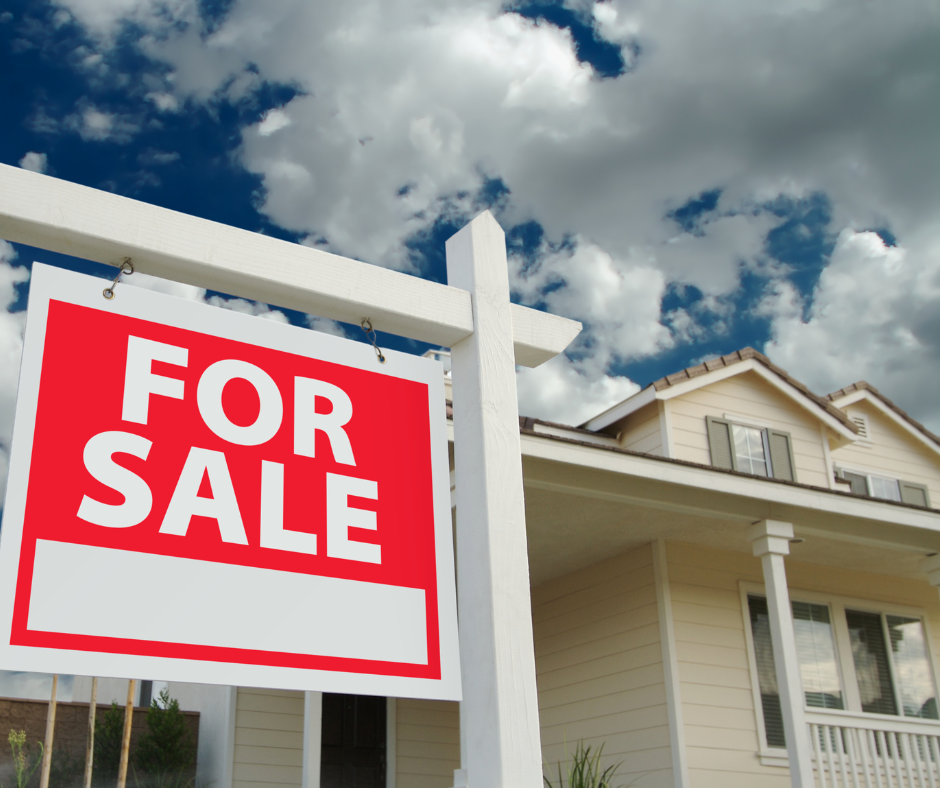Common Mistakes to Avoid When Selling Your Home
Selling a home can be daunting and emotional for many homeowners. While preparing your home for sale and negotiating offers, it's easy to make mistakes that can impact the sale. To help you avoid common pitfalls and maximize the sale of your property, we've compiled a list of common mistakes to avoid when selling your home.
1. Overpricing Your Home
One of the biggest mistakes sellers make is overpricing their homes. While it's natural to want to get top dollar for your property, setting an unrealistic asking price can deter potential buyers and prolong the time your home sits on the market. To determine the right listing price, research comparable properties in your area, consider market conditions and consult with one or more real estate agents to get a realistic estimate of your home's value in today’s market.
2. Neglecting Curb Appeal
First impressions matter when selling a home, and curb appeal plays a significant role in attracting buyers. Neglecting the exterior of your home, such as peeling paint, overgrown landscaping, or a cluttered front entryway, can turn off potential buyers before they even step inside. Take the time to enhance your home's curb appeal by maintaining the lawn, landscaping, and exterior of the property to create a welcoming and inviting first impression.
3. Skipping Home Staging
Home staging is a powerful tool that can help showcase your home's best features and appeal to a broader range of buyers. Failing to declutter, depersonalize, and optimize your home's layout can hinder its marketability and make it difficult for buyers to envision themselves living in the space. Consider hiring a professional stager or following staging tips to make your home more appealing to potential buyers.
4. Neglecting Repairs and Maintenance
Buyers are more likely to be interested in a well-maintained home in good condition. Neglecting necessary repairs, such as leaky faucets, chipped paint, or broken fixtures, can raise red flags for buyers and impact their perception of the property's value. Before listing your home, address any maintenance issues and make necessary repairs to ensure that your home is in top condition for showings and inspections.
5. Forgetting Professional Photography
In today's digital age, most homebuyers begin searching online, where high-quality photos are crucial in attracting interest and generating leads. Forgetting to invest in professional photography or relying on low-quality images can diminish the appeal of your home and reduce the number of showings and offers you receive. Hire a professional photographer to capture your home in its best light and showcase its features effectively.
6. Not Providing as much Information as Possible
This includes floorplans, 360 virtual tours if possible, and all of the information that will help potential buyers research your property if they are interested, such as the answers to questions insurance agents ask and any key information they will want from the local municipality. Giving them the information ahead of time will save you from digging around when they are inquiring about the insurance, municipality, etc. Having the floor plan and a walk-through online will also ease your exposure to out-of-town buyers.
7. Limiting Marketing Exposure
Effective marketing is essential to reaching a broad audience of potential buyers and maximizing the sale of your home. Limiting your marketing exposure by relying solely on traditional methods or neglecting online platforms can restrict the visibility of your listing and hinder your chances of selling quickly and at a desirable price. Use a combination of online listings, social media, open houses, and real estate agents to market your home effectively and attract interested buyers.
8. Being Inflexible with Negotiations
Flexibility is key when navigating negotiations with potential buyers. Being too rigid or unwilling to compromise on price, terms, or dates can make a sale fall apart before it comes close. Have these discussions with your realtor and co-owners beforehand about what price range you are willing to accept (low and high), what dates you need or can be flexible on, and things that must stay or go. The more flexible you are, or even the more prepared you are with what flexibility you are willing to invoke, the better prepared you are when it comes time to negotiate.
These are all common mistakes to avoid when selling your home. The more prepared you are, the better the experience will be. Make sure to have those tough conversations with your co-owner(s), realtor and mortgage broker well before it is crunch time, and prepare for your next big move.


